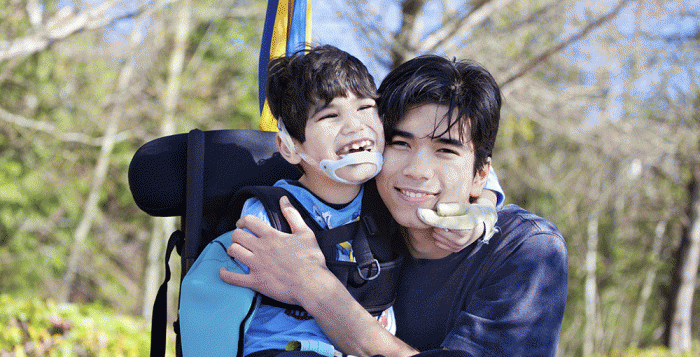The Pennsylvania Department of Education, Bureau of Special Education is pleased to announce the following training opportunity:
2018-2019 PA Community on Transition Webinar Series – Planning for the LifeCourse
All webinars will take place from 2:00 pm – 3:30 pm
This webinar series is designed to assist individuals of all abilities think about life experiences needed to move ahead in life. Throughout the series, a cross-agency panel, including the Office of Vocational Rehabilitation (OVR), Office of Developmental Programs (ODP), Pennsylvania Youth Leadership Network (PYLN), and PaTTAN representatives will provide participants with information on what IEP teams and students need to know and do regarding setting a vision for a meaningful life, identify how to find or develop supports, and discover what it takes for students to live the lives they want to live.
Charting the LifeCourse™ and LifeCourseTools.com is a project of the University of Missouri–Kansas City Institute for Human Development, Missouri’s University Center for Excellence in Developmental Disabilities Education, Research and Services (UCEDD) and endorsed by the Pennsylvania Department of Health and Human Services and supported by the Pennsylvania Community on Transition.
December 5, 2018 – Planning for the LifeCourse – Employment Uses
Employment is a hallmark of adulthood and should be available for every person. The benefits of employment are significant for people with and without disabilities. Employment is feeling proud, having self-confidence, getting a paycheck, meeting new people, paying taxes, and building new skills. Daily Life and Employment is one of the Life Domains of the Charting the LifeCourse™. This webinar will feature the employment elements of the Daily Life and Employment Life Domain, including school, employment, volunteering, communication, routines, and life skills. Participants will learn how to use these LifeCourse Tools to help students envision and plan for their employment goals.
February 6, 2019 – Planning for the LifeCourse – Postsecondary Education and Training Uses
This webinar will address the Daily Life and Employment Life Domain, specifically, education and training opportunities. Participants will learn how to use the LifeCourse Tools to help students envision and plan for their postsecondary education and training goals. The session will highlight ways the tool can be used in educational settings to create transition goals and identify needed services and activities.
April 1, 2019 – Planning for the LifeCourse – Independent Living
This webinar will address the LifeCourse Domains of Community Living, Healthy Living, and Safety and Security. Participants will learn how to use the LifeCourse Tools to assist students to envision their goals for living an independent life. The tool will be reviewed with regard to educational entity to guide a team in planning for desired living situations, taking control of health care, and finding the balance between staying safe and personal autonomy.
Audience:
Special Education Administrators, Transition Coordinators, Special Education Teachers, General Education Teachers, School Counselors, School Psychologists, Agency Partners, and Families
No continuing education credit (Act 48) will be offered. Certificates of Attendance will be available 30 days after each event.
Registration Information:
You may register online by clicking on the name of the event on the Training Events Calendar. For questions regarding content, please contact Hillary Mangis, PaTTAN Pittsburgh, by phone (800-446-5607, x68780) or email. For questions regarding registration, contact Pam Ranieri, PaTTAN Pittsburgh by phone (800-446-5607, x6840) or email. To obtain directions to PaTTAN, please select the appropriate location here.

















